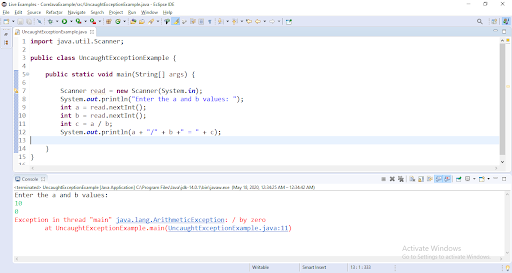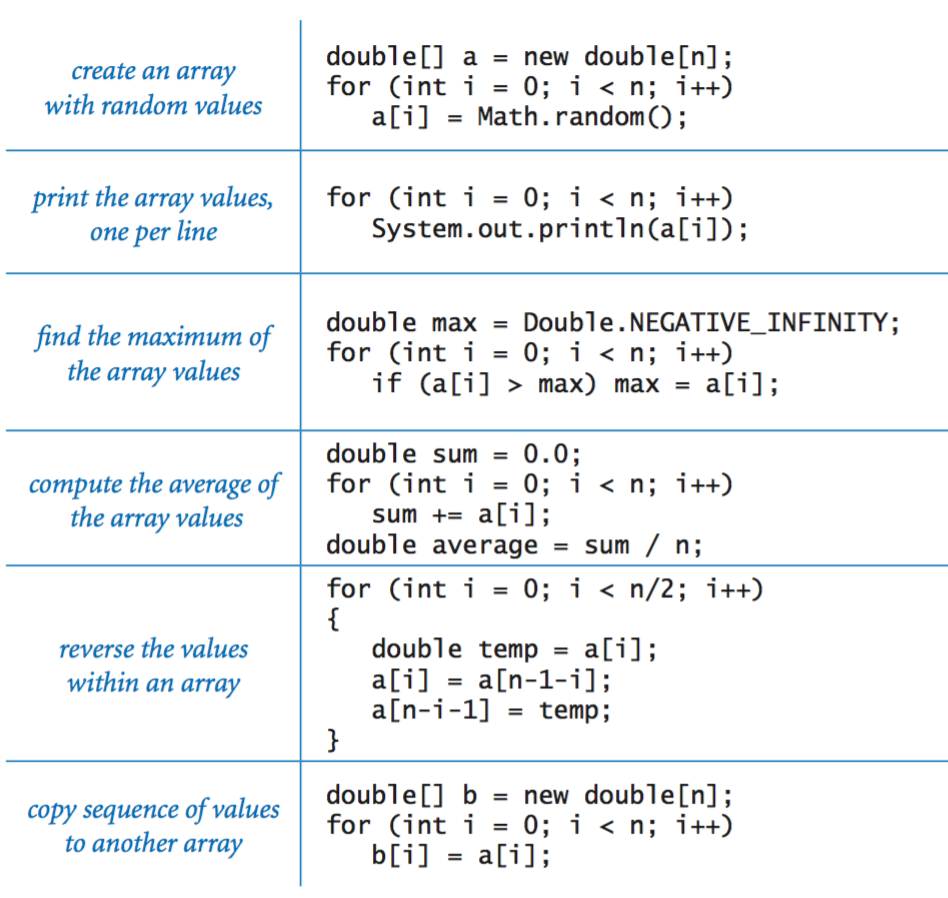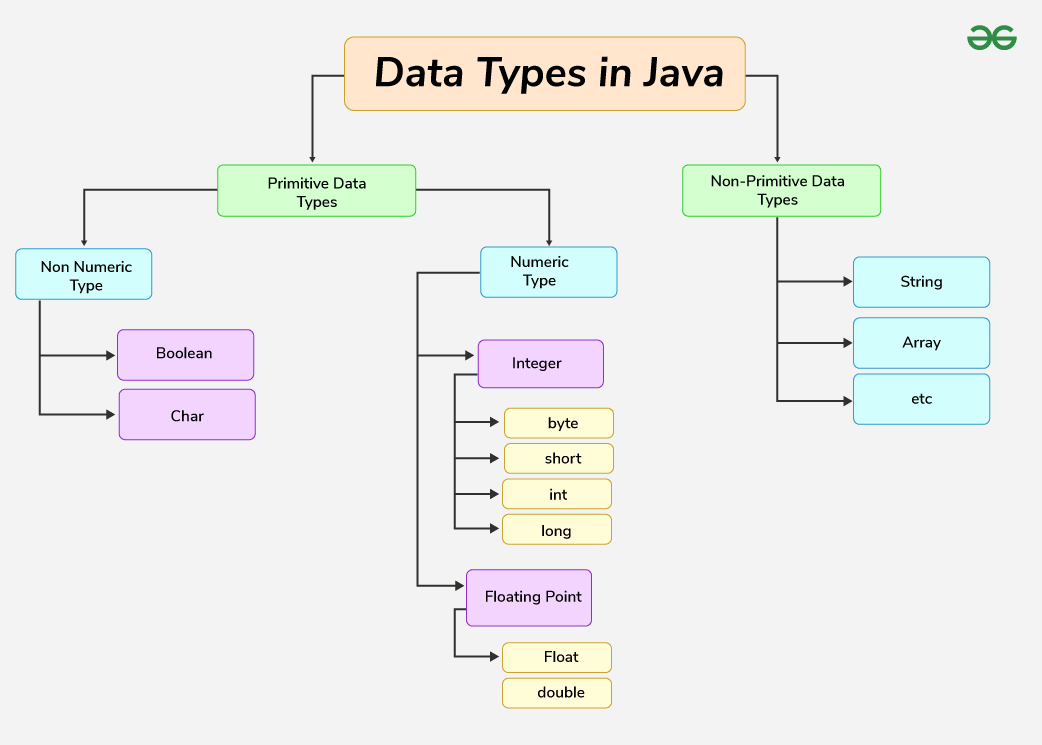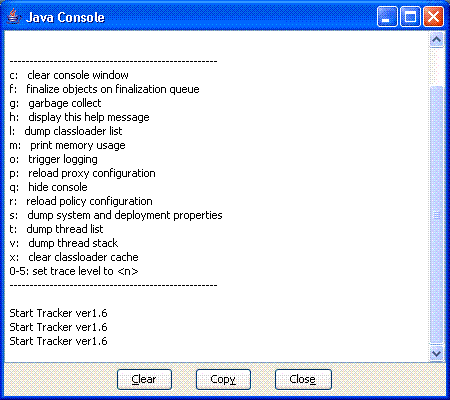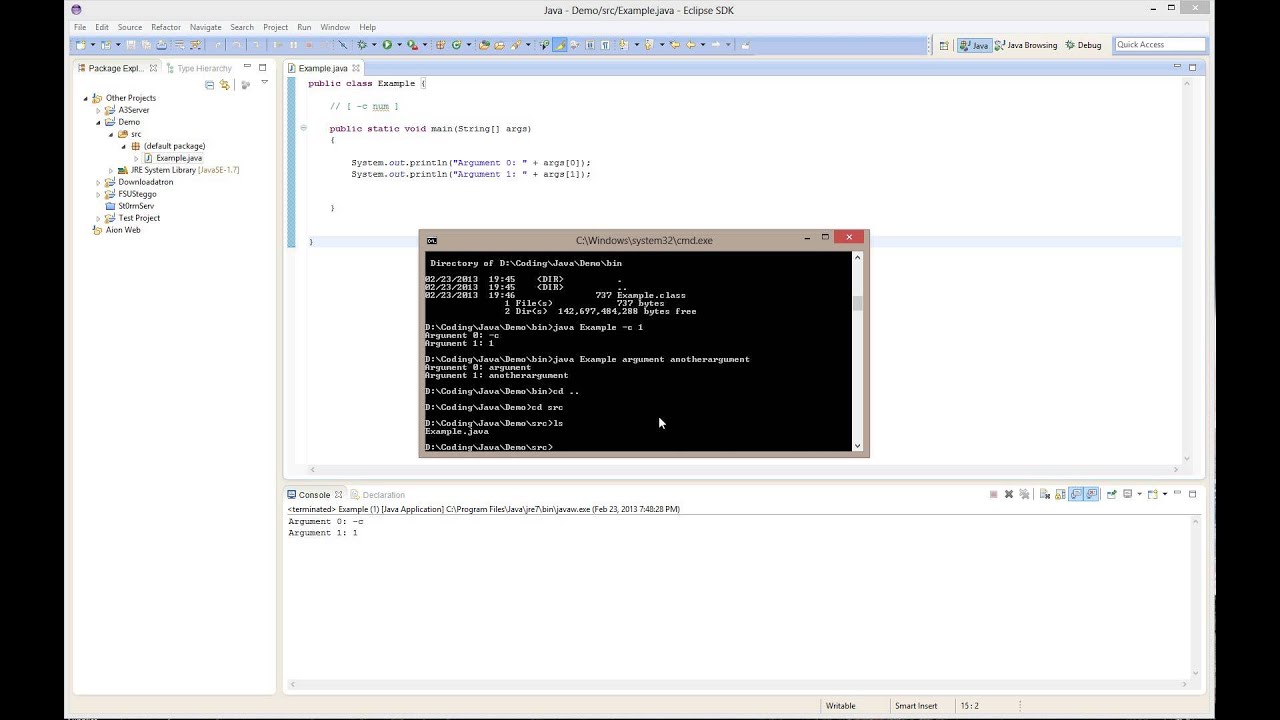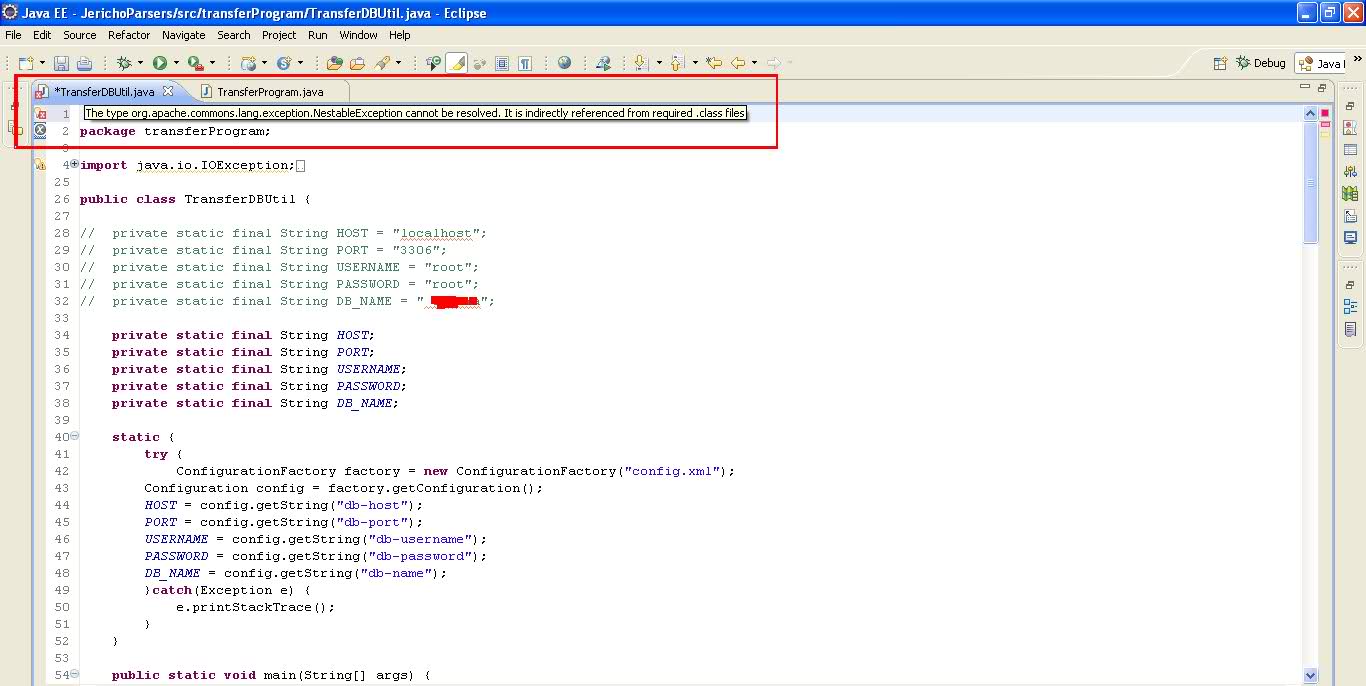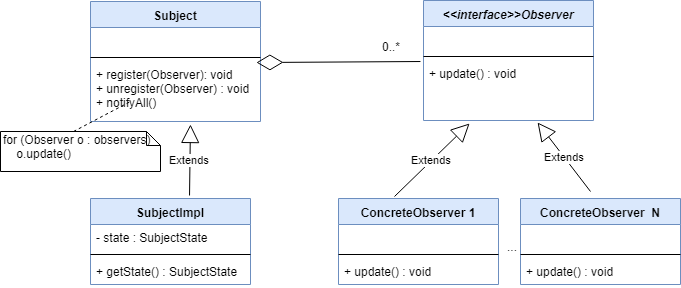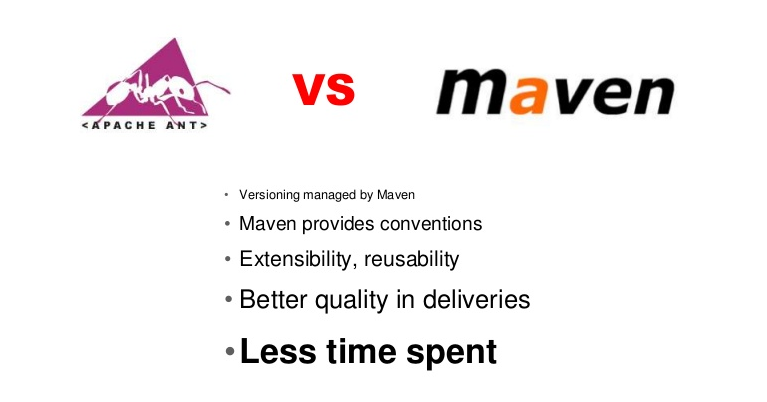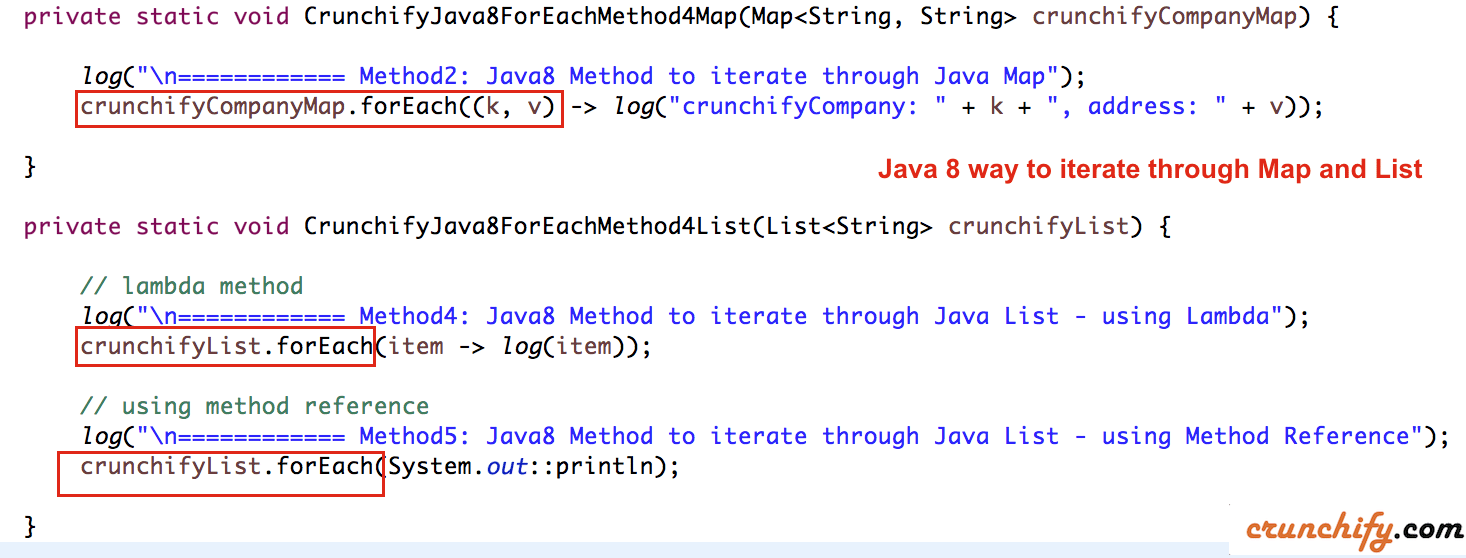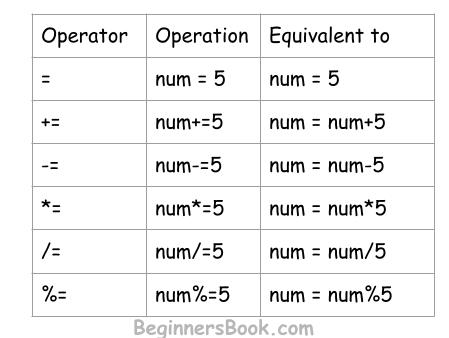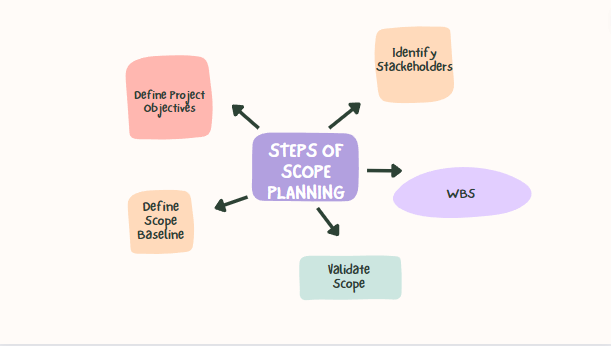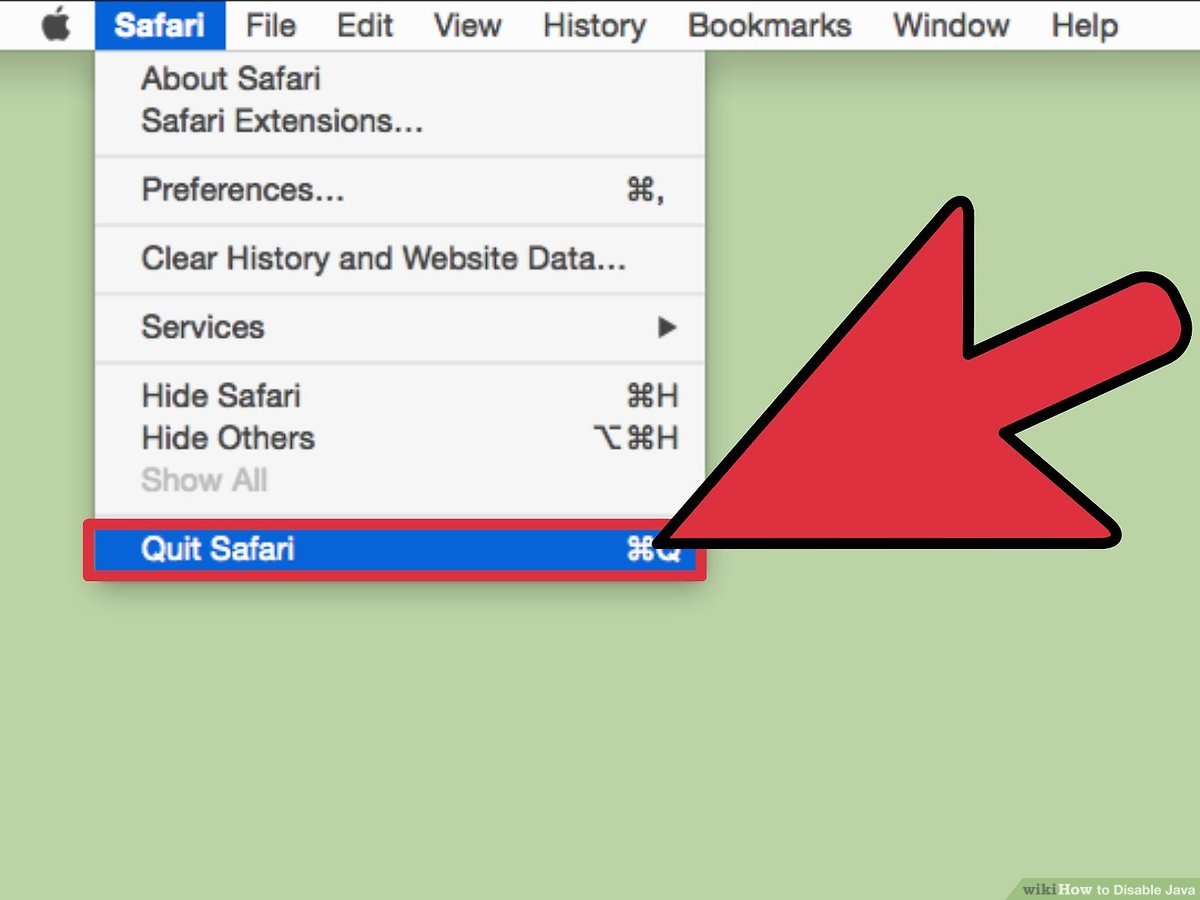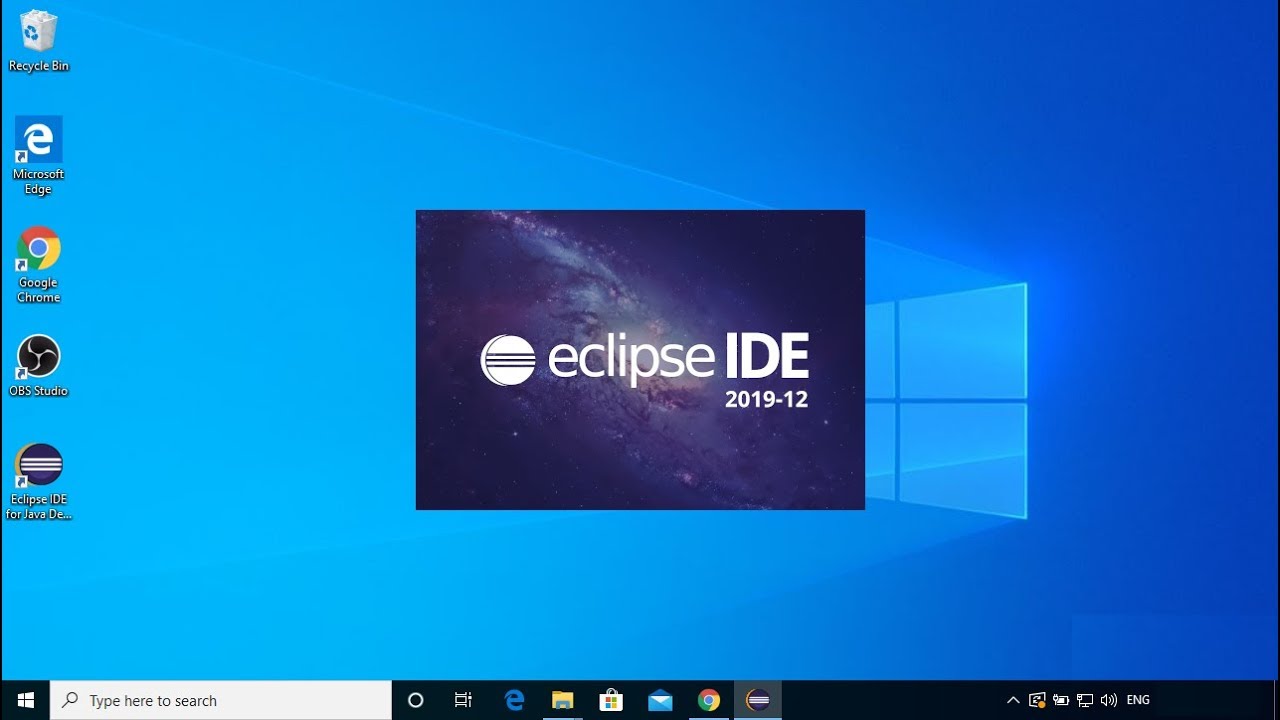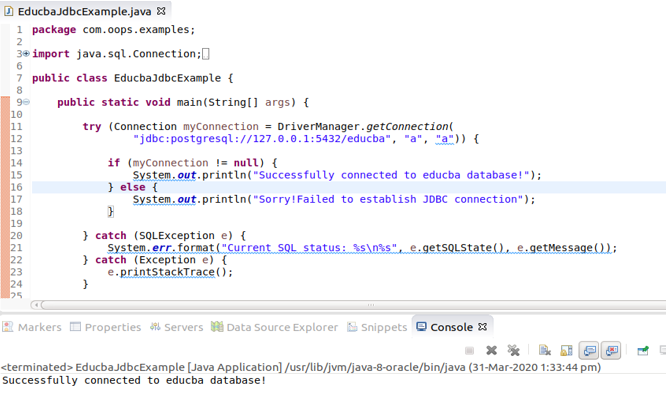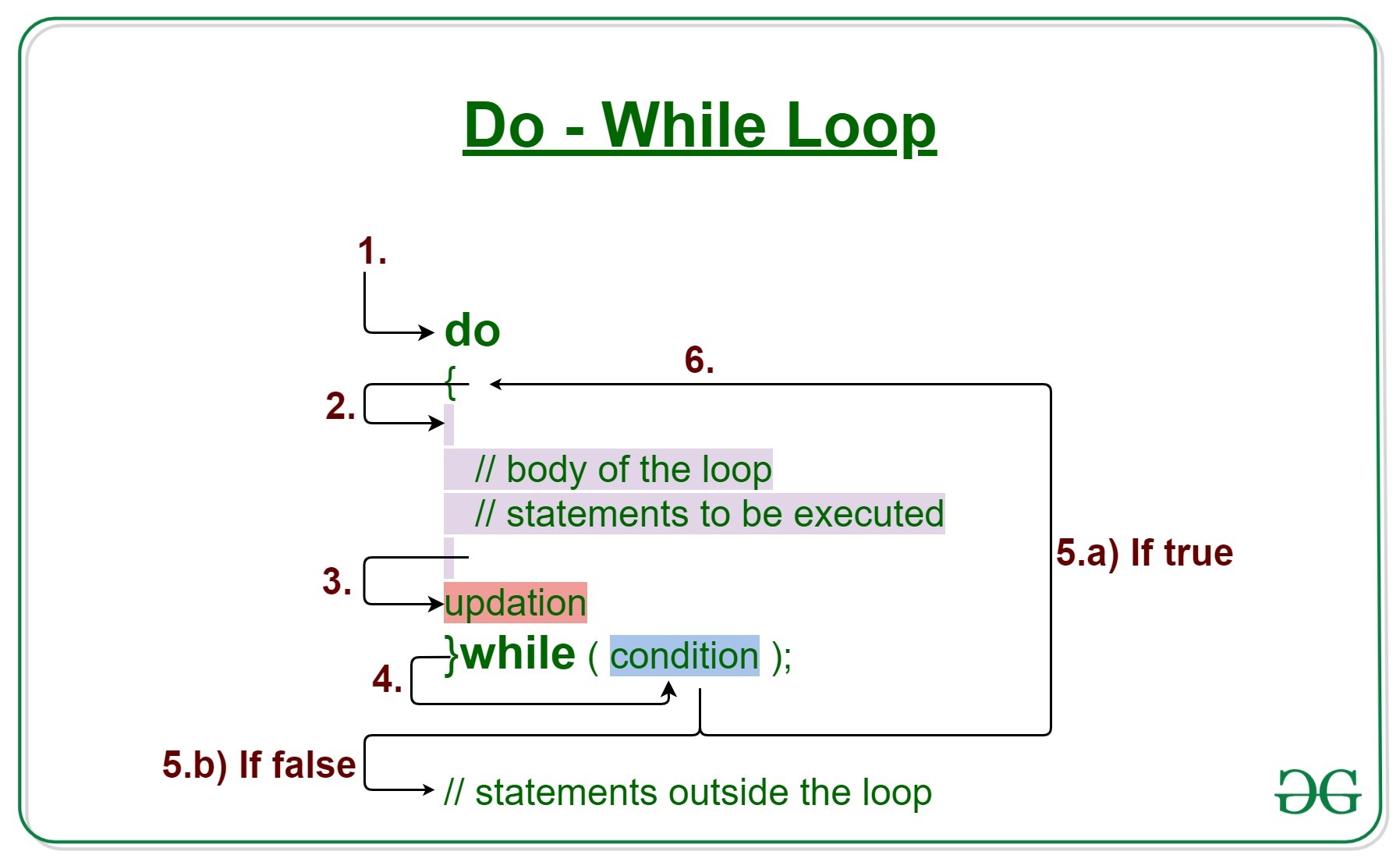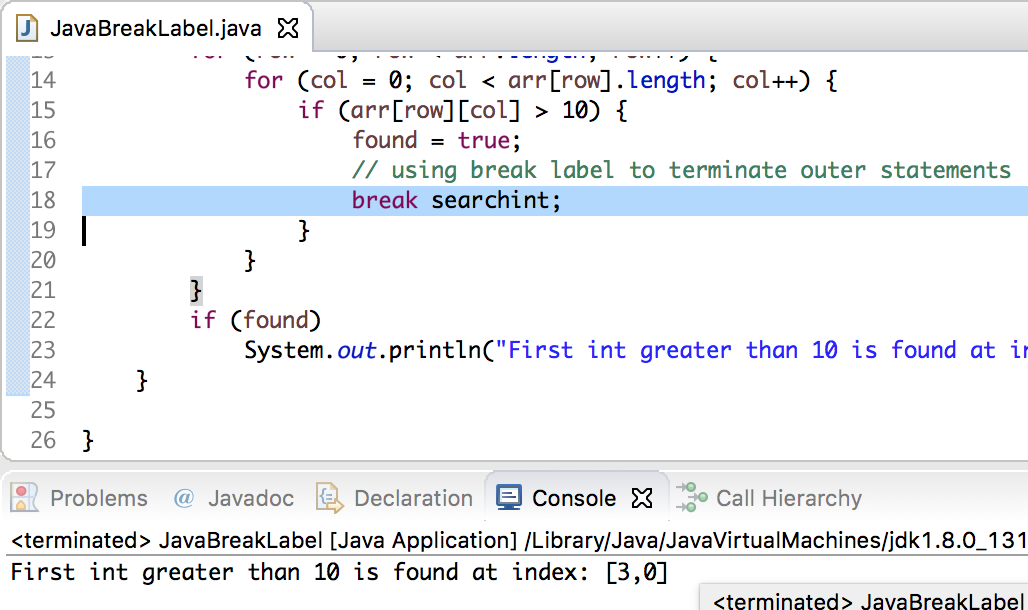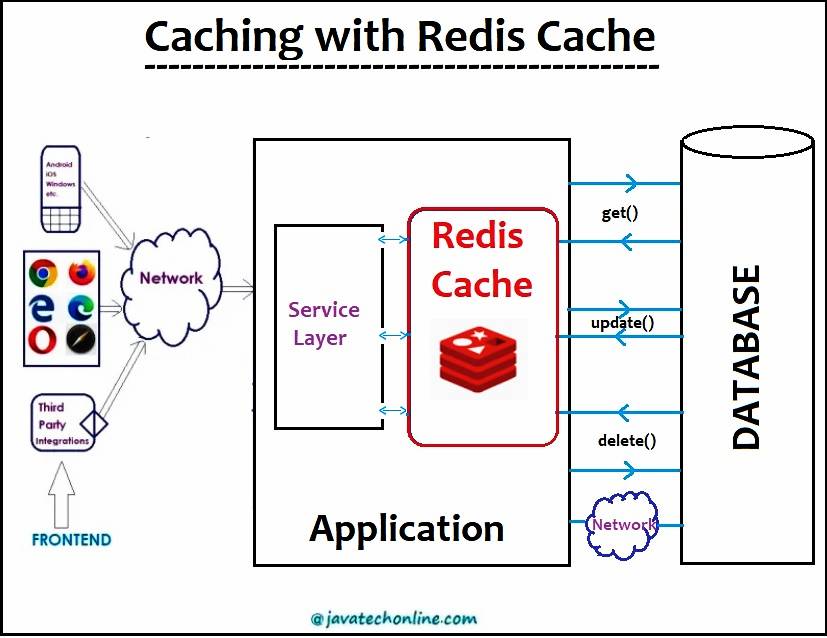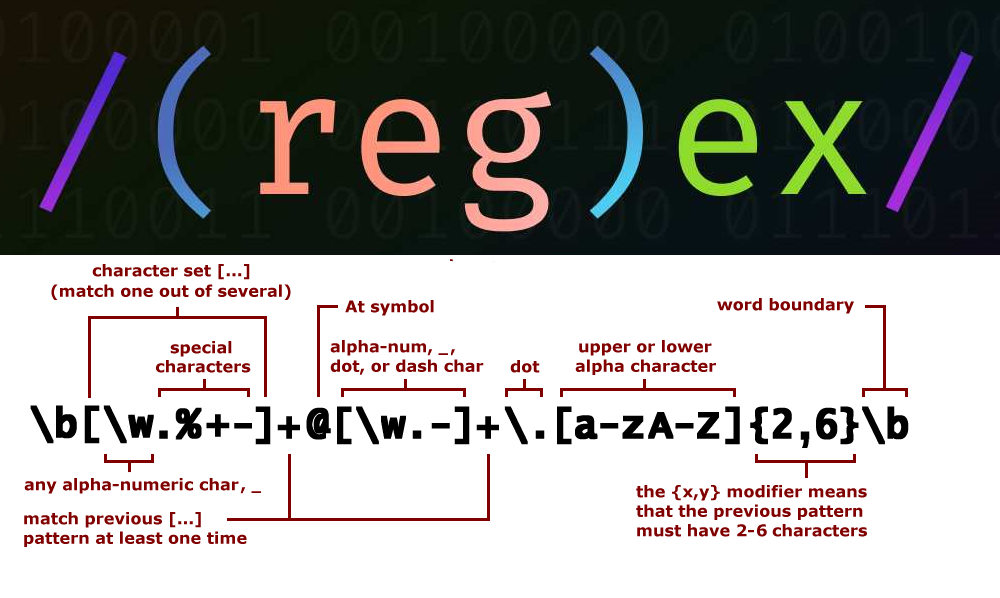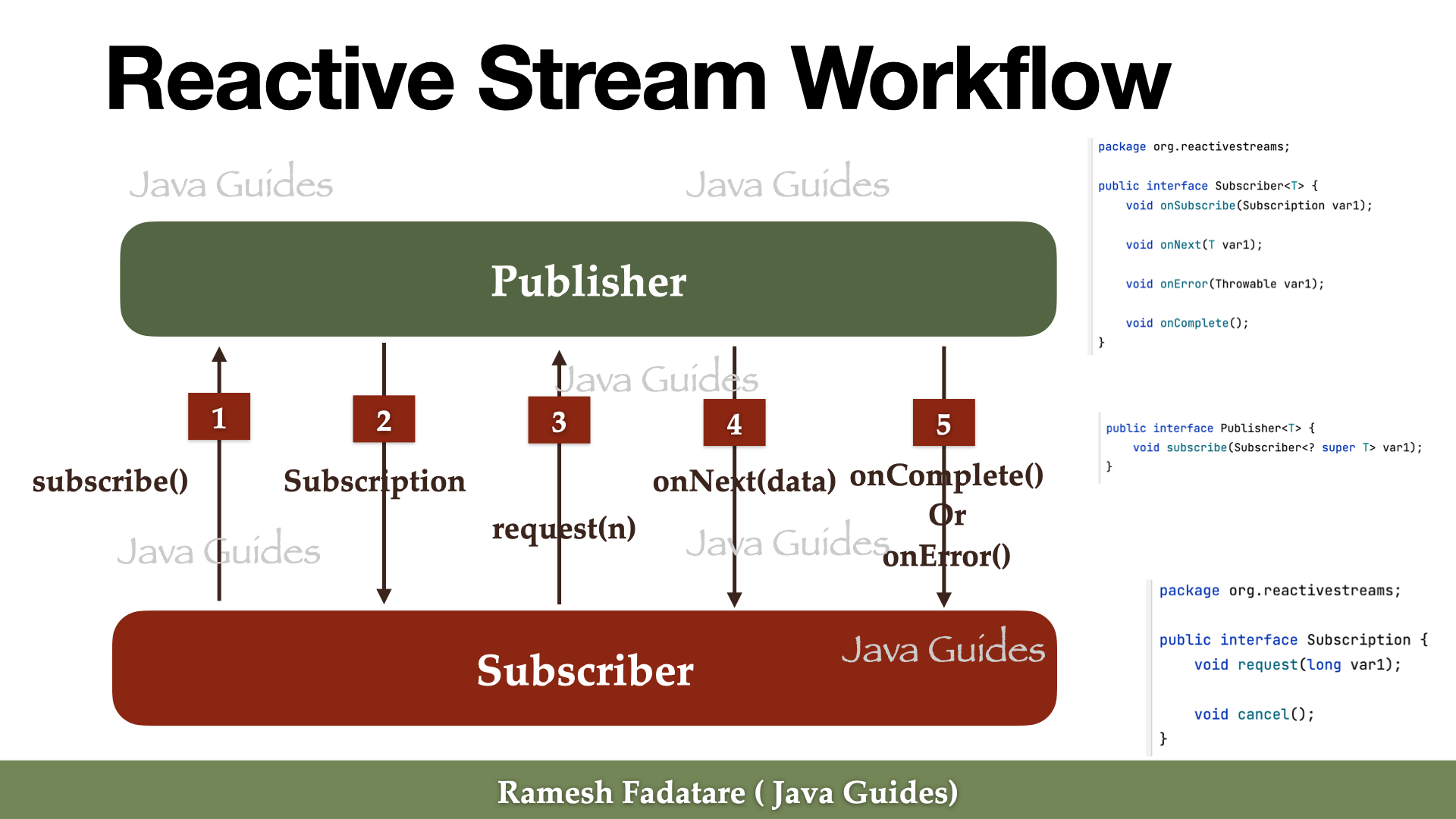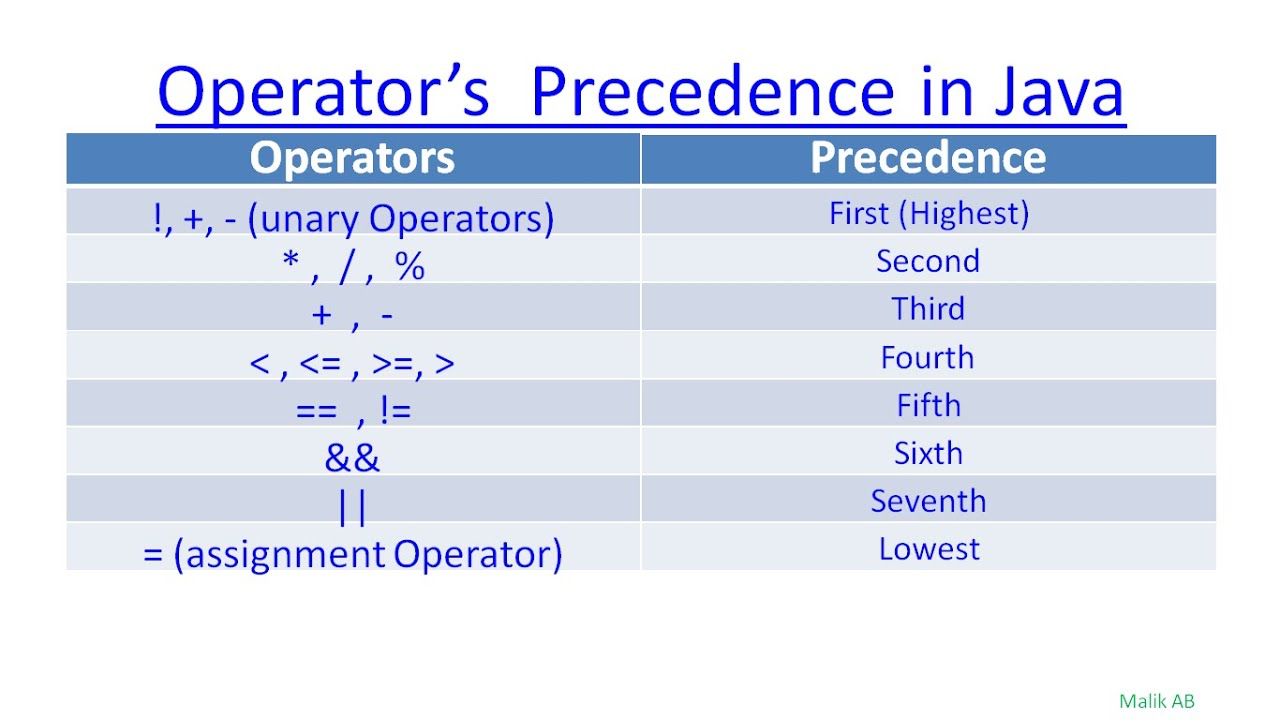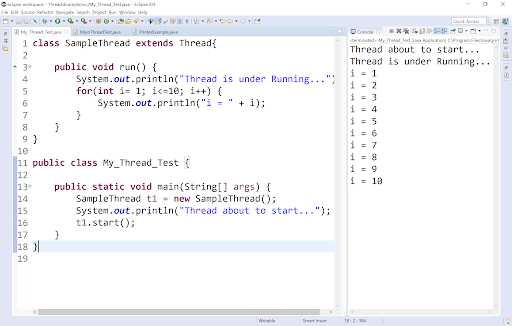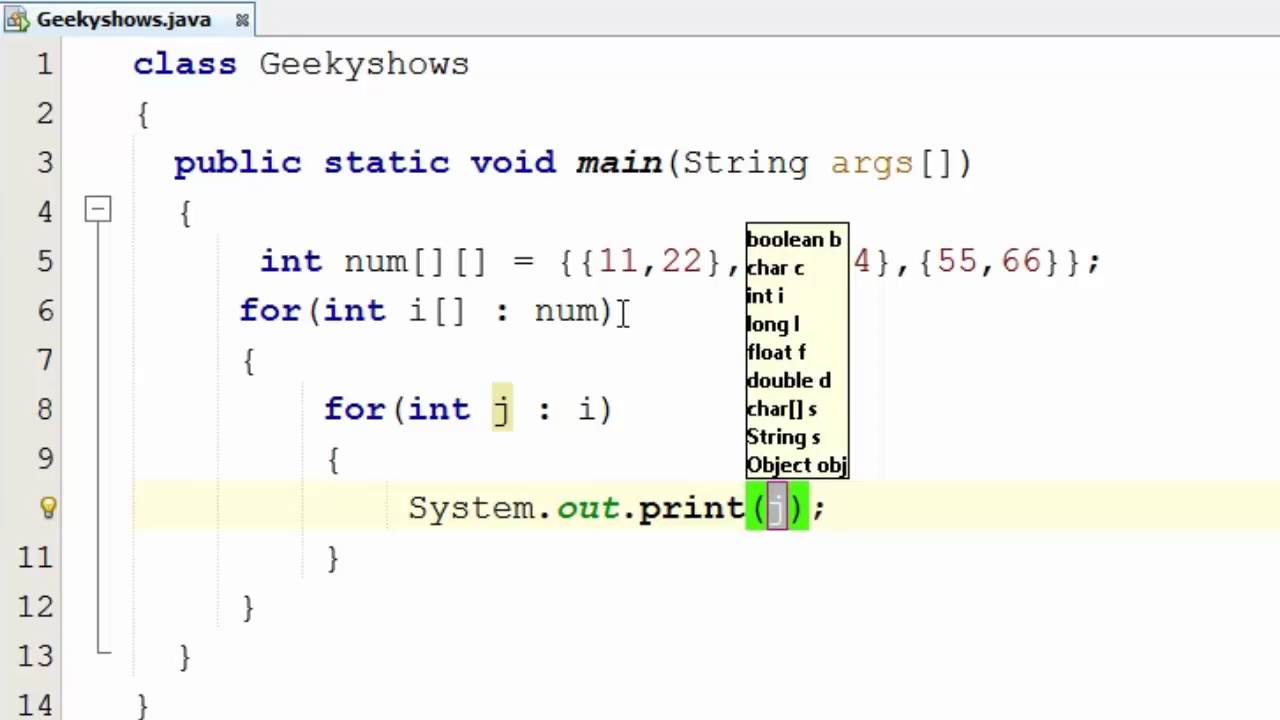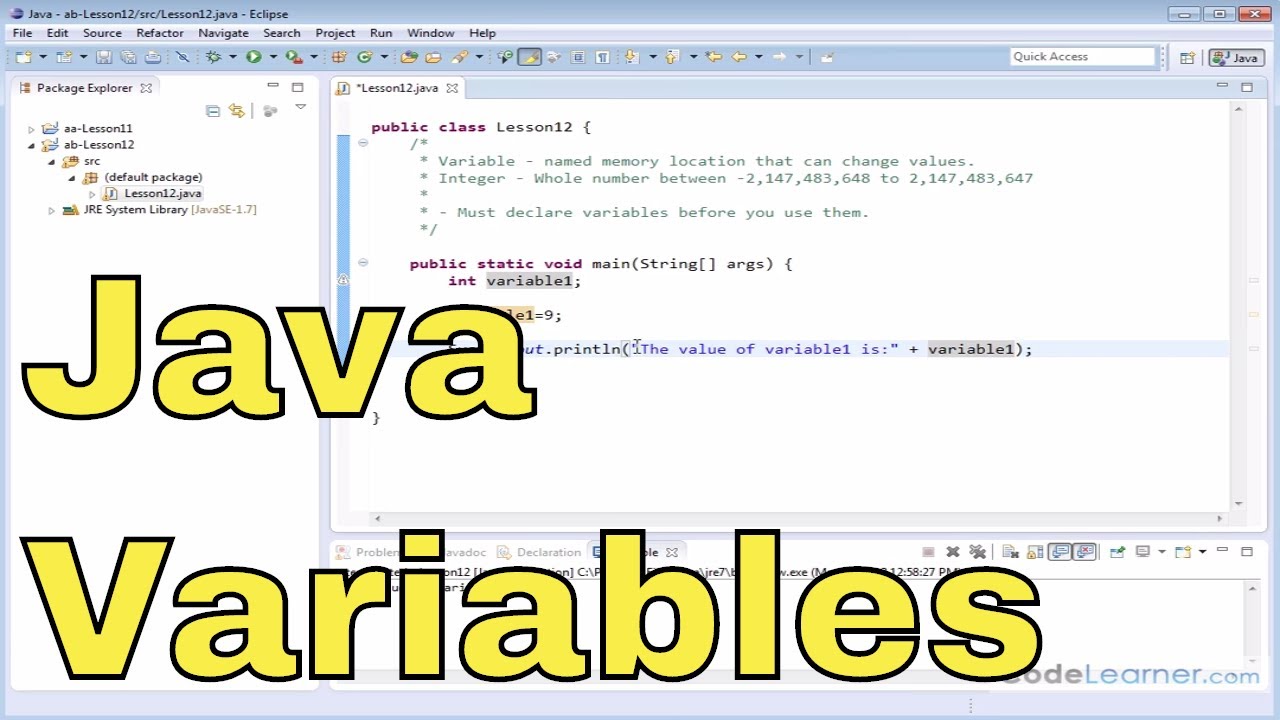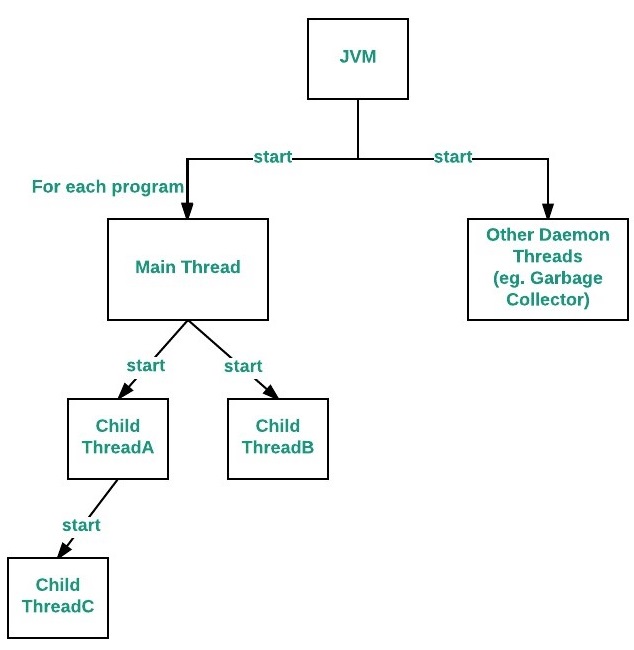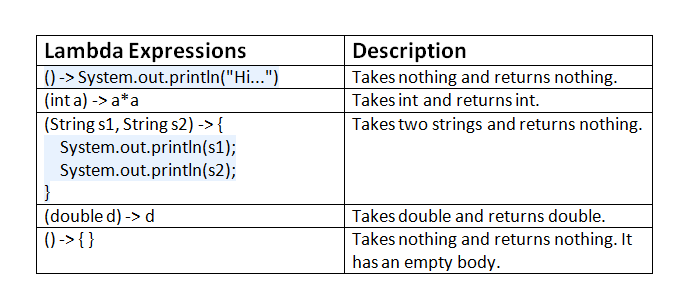Is Java compiler in JDK?
Is Java compiler in JDK?
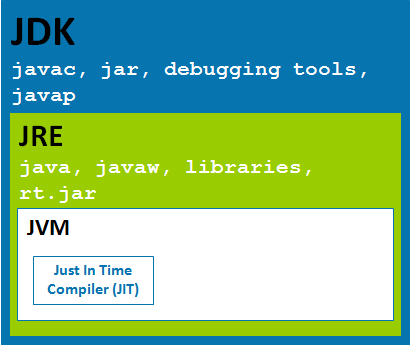
I'd be happy to clarify the relationship between a Java compiler and the JDK (Java Development Kit) in this response.
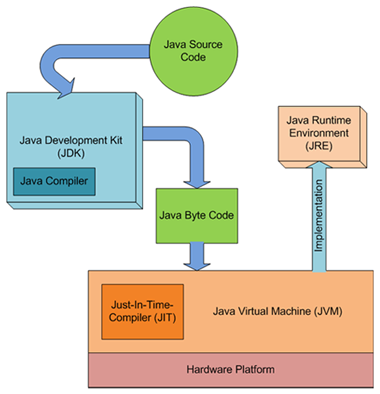
The JDK is not just a collection of tools, but it's actually an implementation of the Java platform that includes a set of libraries, frameworks, and tools for building and running Java-based applications. At its core, the JDK contains the Java Runtime Environment (JRE), which includes the JVM (Java Virtual Machine) and other runtime components.
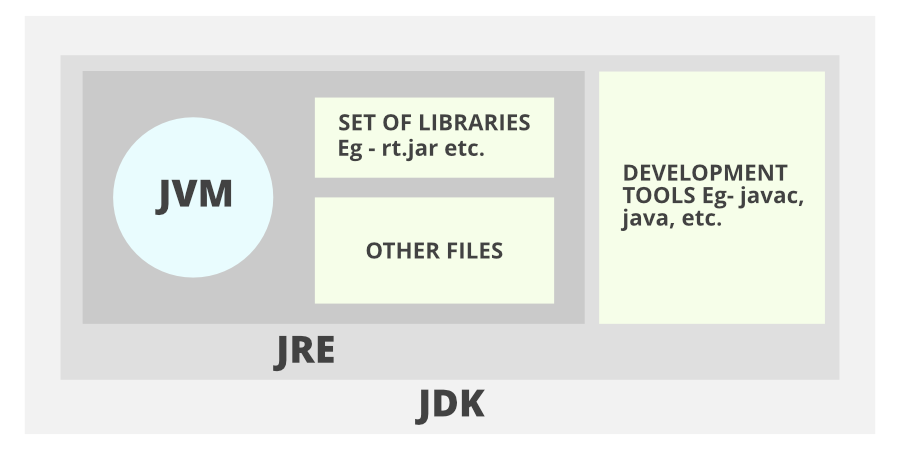
Now, let's talk about the Java compiler. The compiler is a fundamental part of the development process, as it translates your source code into bytecode that can be executed by the JVM. The Java compiler is called "javac" (short for Java Compiler), and it's responsible for compiling .java files into .class files.
So, to answer your question: yes, the Java compiler (javac) is included in the JDK! In fact, when you download a JDK, you'll typically find the javac compiler along with other tools like the JVM, runtime libraries, and development utilities like the Javadoc documentation generator and the Jar archiver.
When you install a JDK on your system, it typically installs the following components:
Java Runtime Environment (JRE): This includes the JVM, which runs bytecode that's been compiled from .java source files. Java Development Kit (JDK) Tools: These include tools like javac, Javadoc, and Jar for building, documenting, and packaging Java-based projects. Java Class Libraries: These are collections of pre-compiled class files that you can use in your own Java programs.As a developer, having the JDK installed on your system gives you access to all these components and tools, allowing you to build, test, and run your Java-based applications with ease!
Hope this clears things up!
Which is the best compiler for Java?

I'm glad you asked! Choosing the best compiler for Java can depend on several factors such as project requirements, developer preferences, and specific use cases. Here's a rundown of some popular Java compilers to help you make an informed decision:
Oracle JDK Compiler: The Oracle JDK (Java Development Kit) is the most widely used Java compiler. It's bundled with the JDK and provides all the essential tools for developing, testing, and compiling Java applications. Oracle's compiler is highly optimized and supports all Java features, including lambda expressions, method references, and varargs.Pros: Ubiquitous, well-maintained, and offers a comprehensive development environment.
Cons: May not be suitable for very large projects due to its size and complexity.
Eclipse Compiler: The Eclipse compiler is part of the popular Eclipse Integrated Development Environment (IDE). It's an excellent choice for developers who prefer a comprehensive IDE with code completion, debugging tools, and refactoring capabilities. The Eclipse compiler supports all Java features and offers advanced project management features.Pros: Tight integration with Eclipse IDE, provides code assistance and debugging tools.
Cons: May not be suitable for projects that require fine-grained control over the compilation process.
OpenJDK Compiler: OpenJDK is an open-source implementation of the Java Development Kit (JDK). Its compiler is designed to be highly portable, allowing it to run on various platforms, including Windows, macOS, and Linux. The OpenJDK compiler supports all Java features and provides a flexible compilation process.Pros: Highly portable, open-source, and customizable.
Cons: May require additional configuration for specific use cases.
Java Compiler (JC): JC is an open-source, lightweight compiler that's designed to be easy to use and provides basic functionality. It's a great choice for small projects or simple scripting tasks.Pros: Lightweight, easy to use, and suitable for small projects.
Cons: Limited features compared to other compilers; may not support all Java features.
Azul Zulu Compiler: Zulu is an open-source implementation of the JDK (Java Development Kit) that provides a compiler and runtime environment. It's designed to be highly performant and supports all Java features.Pros: Highly performant, open-source, and provides a comprehensive development environment.
Cons: May not offer the same level of integration as Eclipse or Oracle JDK.
In conclusion, choosing the best Java compiler depends on your specific project requirements, developer preferences, and specific use cases. If you're looking for a comprehensive development environment with code assistance and debugging tools, Oracle's JDK Compiler or Eclipse Compiler might be the best choice. For smaller projects or scripting tasks, the OpenJDK Compiler or Java Compiler (JC) could be suitable options. If you prioritize performance, Azul Zulu Compiler might be the way to go.
Remember that this is not an exhaustive list of Java compilers, and there are many other great alternatives out there!
